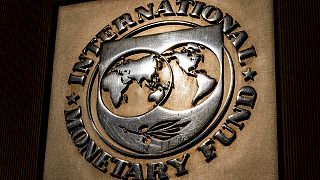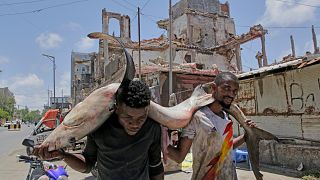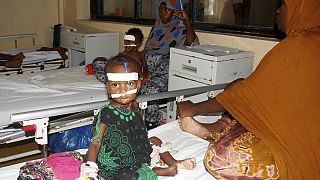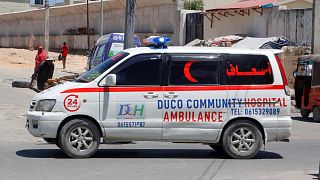Somalia
The programs of the International Monetary Fund (IMF) in Somalia could stop in three months in case of new delay in the elections, said to the AFP the institution, which began Tuesday a mission in this state of the Horn of Africa.
Delayed by more than a year, the parliamentary elections must, according to an agreement between the Somali leaders, be completed on February 25, allowing then the election of a president. But more than 100 seats have yet to be filled.
For its part, the IMF is due to conclude an evaluation of its programs in mid-May, with several key points concerning future reforms to be validated by the new government, the institution said in an interview with AFP.
"This evaluation of IMF support programs must be completed by May 17, 2022. If it is not completed by that date, the programs automatically end," said Laura Jaramillo Mayor, who heads the mission.
Ms. Jaramillo notes that an interruption would affect the budgetary aid received by Somalia from partners (285 million dollars in 2020) but also the ongoing process of reducing its external debt.
The latter has already fallen from 5.2 to 3.7 billion dollars between 2018 and today. At the end of the process, possibly as early as "next year", it should fall to $557 million, or about 6% of estimated GDP.
A level that will allow Mogadishu to attract more funding but also the private sector to develop, benefiting sectors such as infrastructure or education, notes Ms. Jaramillo.
The federal government lacks $10 million each month to pay for priority expenses, such as salaries.
"Potential"
One of the world's poorest countries, where nearly 70 percent of the population lives on less than $1.90 a day, Somalia is struggling to recover from decades of civil war and is facing an insurgency by the Shebab Islamists.
But the Somalis have in recent years done "an enormous amount of work" to strengthen institutions, particularly in terms of tax collection and public expenditure control, encourages the IMF, which has been working with the country again since 2015.
To combat the cumulative effects of droughts, locust invasions and Covid-19, 200,000 poor households also receive monthly assistance through a government program supported by the World Bank.
In 2021, according to the IMF, growth will reach 2%, driven by strong household consumption, thanks to remittances, as well as by livestock exports, particularly to the Gulf countries.
Key to the economy, remittances sent by the Somali diaspora totaled more than $2 billion in 2021, equivalent to 28% of GDP, according to the institution.
For 2022, the IMF forecasts growth of 3.2%.
"Overall, we see a lot of potential for Somali growth in 2022 and beyond," Jaramillo added.
The beginning of 2022 is marked by a severe drought, which affects a quarter of the 16 million Somalis. More than 550,000 people have had to leave their homes in search of food and water.
The IMF "will have to revise its growth forecasts" if the rains do not return to normal, notes Ms. Jaramillo.











01:30
Abu Dhabi hosts first Global South Economic Forum
Go to video
Togo suspends French state-owned broadcasters RFI and France 24
Go to video
Protesters gather in Ivory Coast, demand Thiam's return on electoral list
01:10
China to remove tariffs on goods from all African countries
01:52
138 million child workers globally in 2024, number down from 2020
01:03
Ethiopia to post faster growth despite debt, inflation